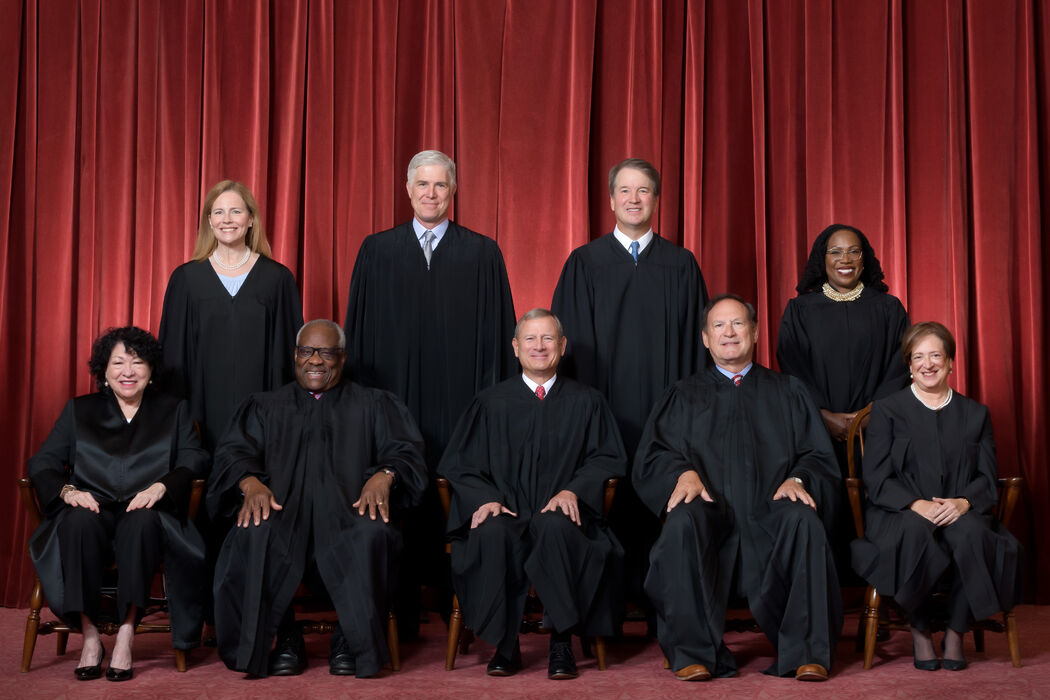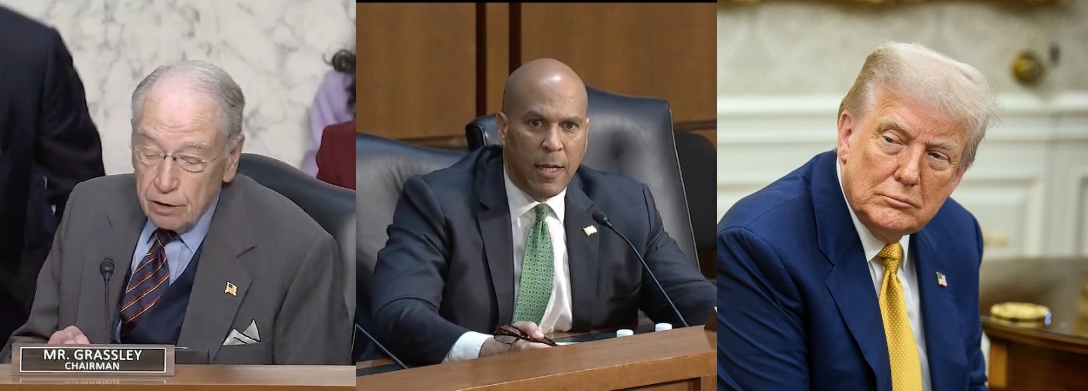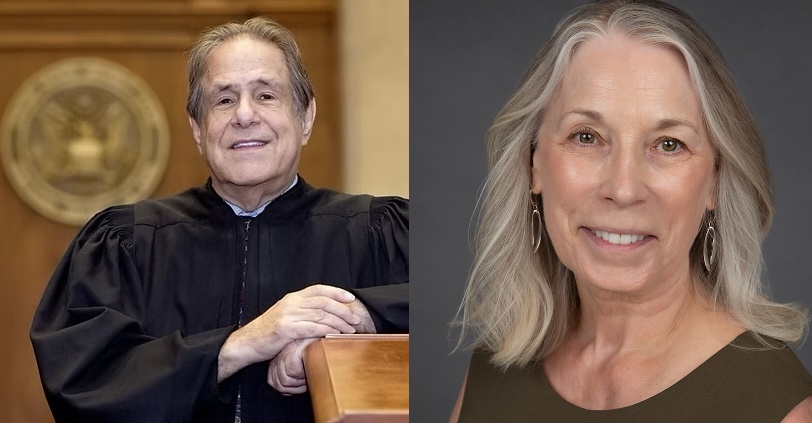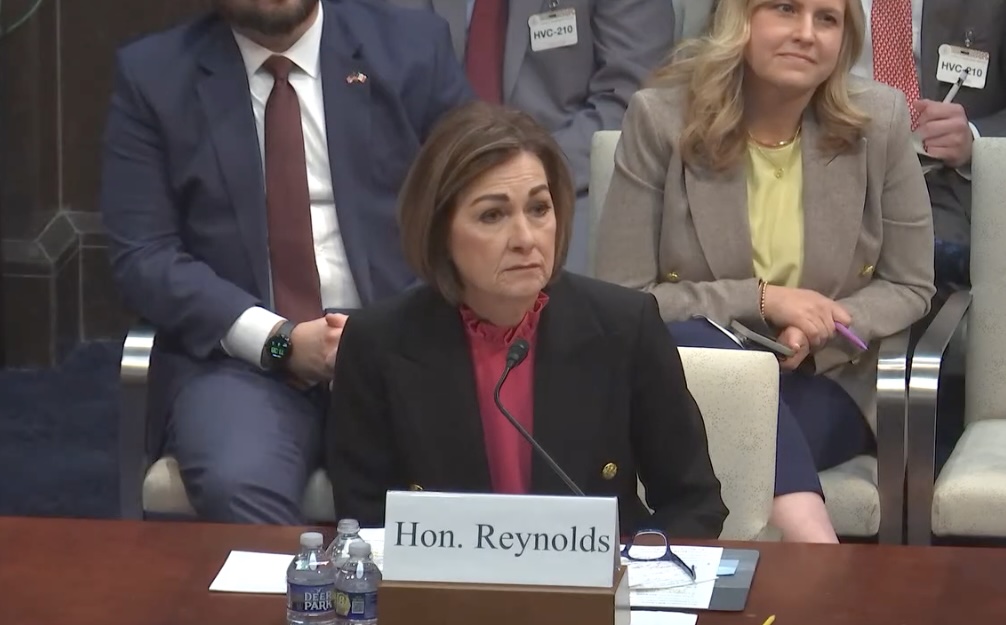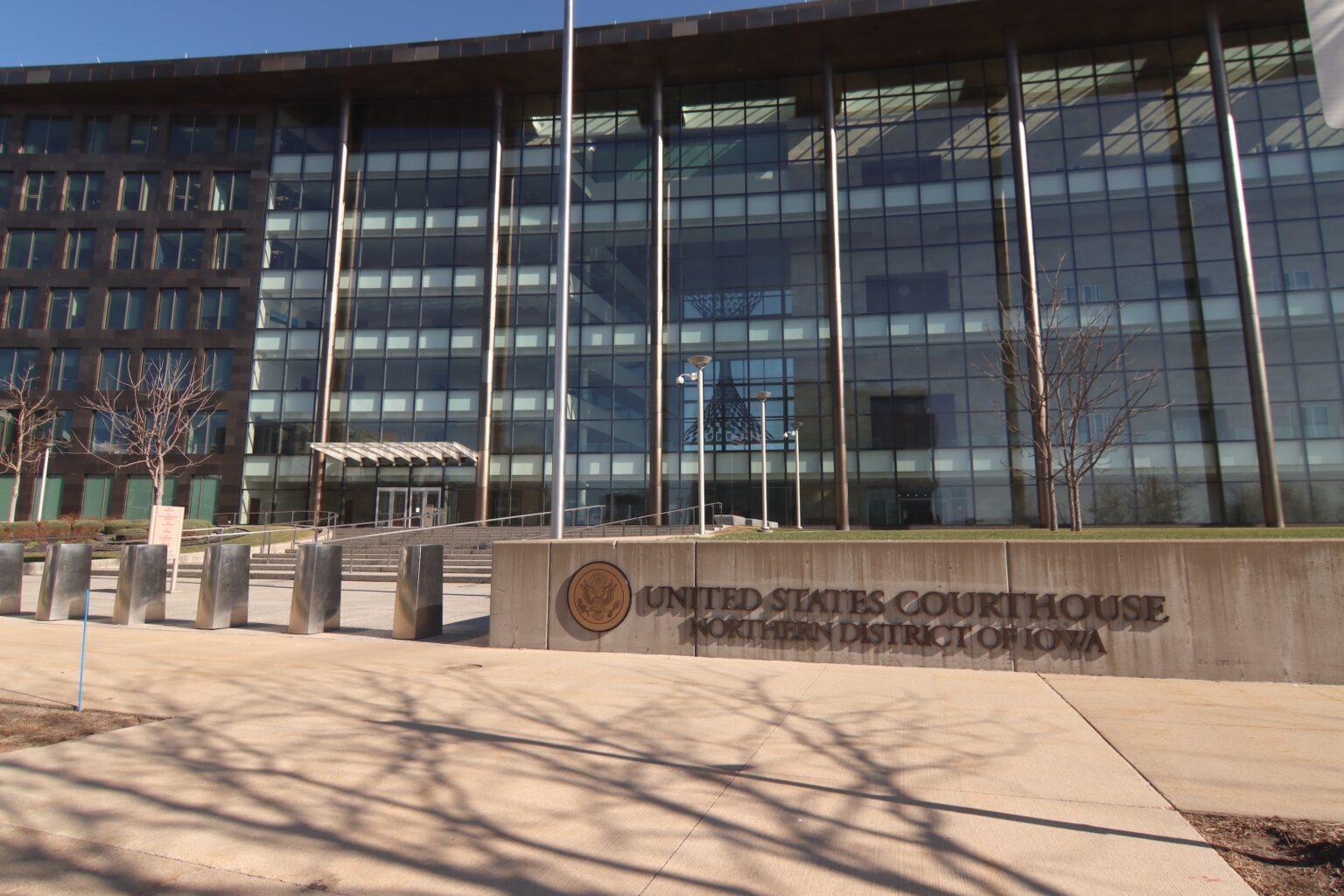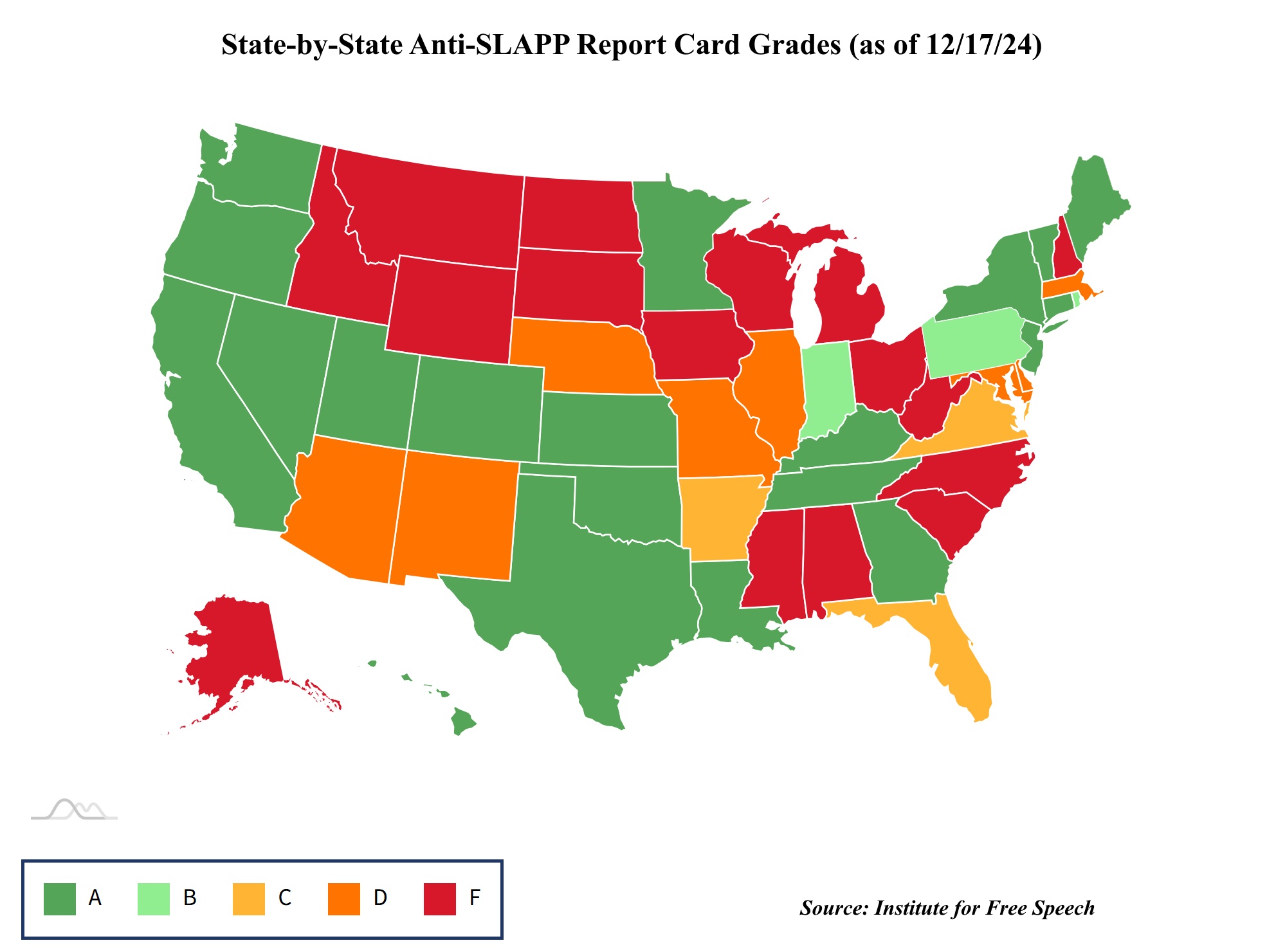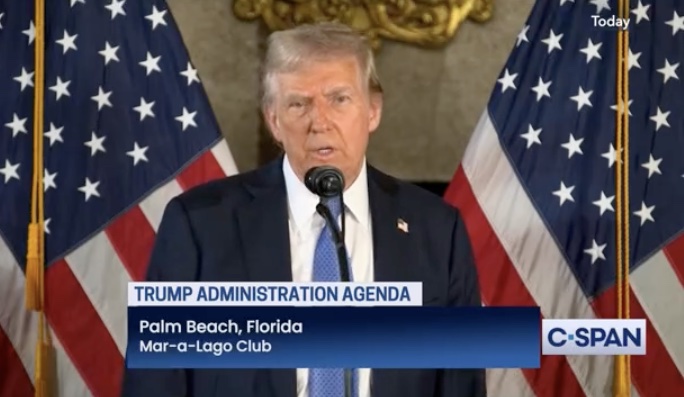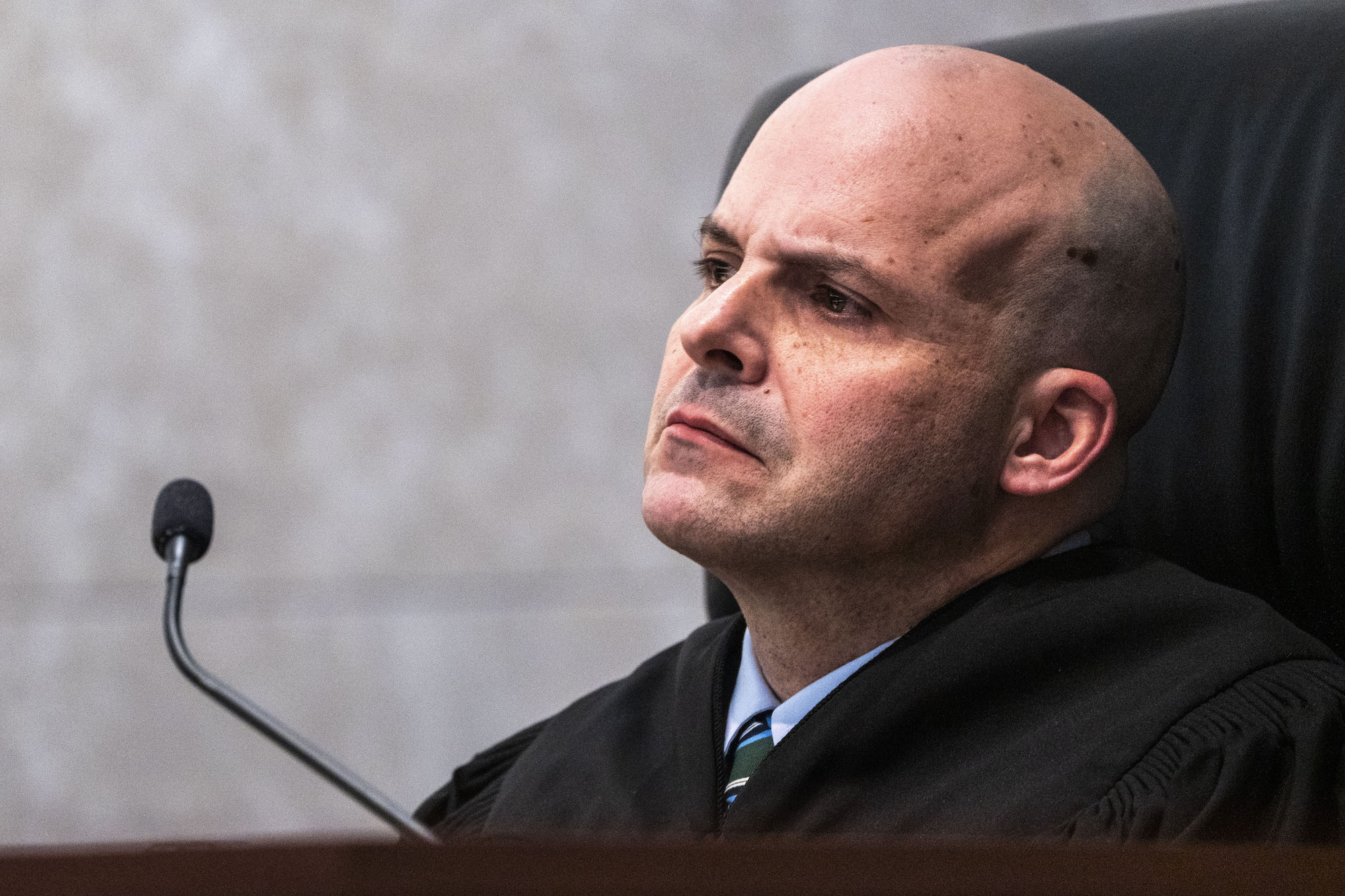Kurt Meyer writes a weekly column for the Nora Springs – Rockford Register and the Substack newsletter Showing Up, where this essay first appeared. He served as chair of the executive committee (the equivalent of board chair) of Americans for Democratic Action, America’s most experienced liberal organization.
Last month, my sister and I stood looking at a low-lying, long-neglected wire fence we knew well as children. It’s the “creek fence,” (pronounced “crick”) and often we were tasked with catapulting organic detritus, like chicken bones, over the fence, into nature.
The two of us recalled six decades ago, when a younger brother, maybe age four, remained in the car while Mom reentered the house to fetch a forgotten item. Evidently, the car wasn’t in “park” and began rolling slowly down a slight decline toward the creek fence, after which the descent becomes quite abrupt. Gaining momentum, the car hit the fence; magically, miraculously, rusty wires held… God with us.
My transition: This fence is a bit like our country’s jurisprudence system, prompting me to write about the federal employee who threw a sandwich at a Customs and Border Protection agent.
Continue Reading...






